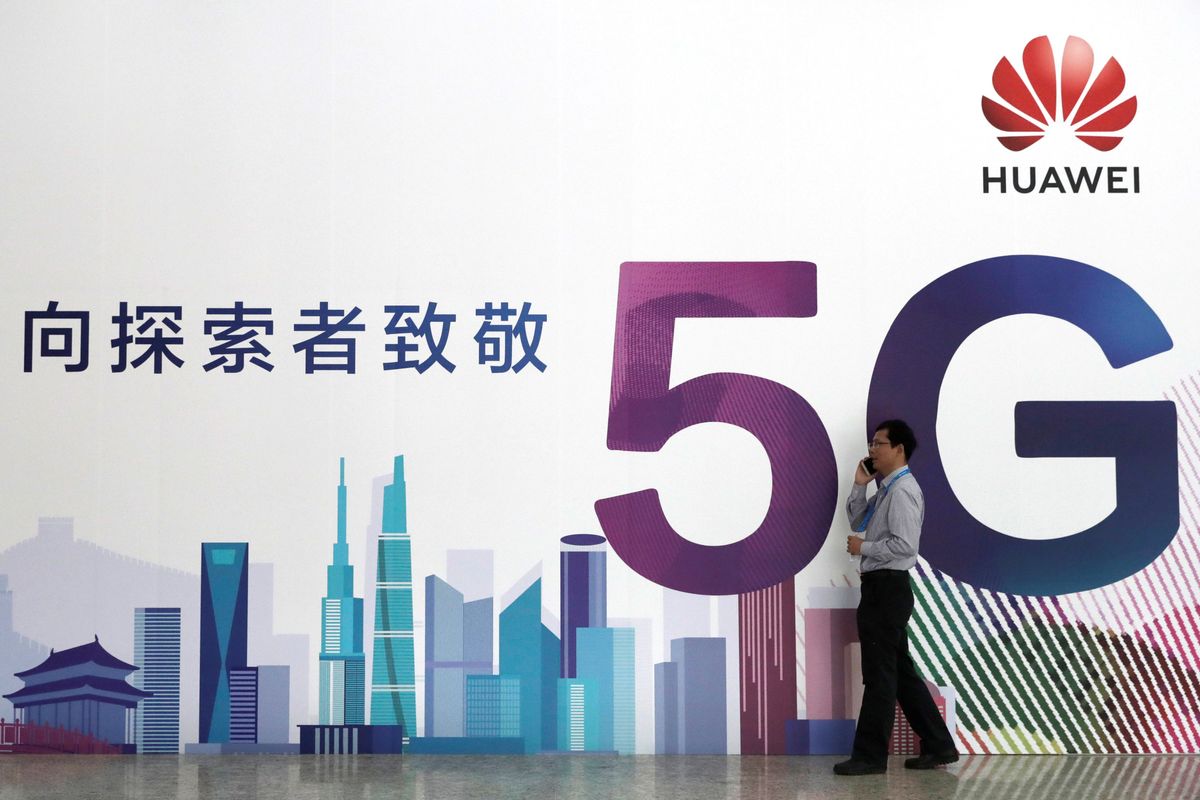UK flops on Huawei: The UK has banned equipment made by the Chinese tech titan Huawei from its 5G networks. The move is a big about-face for London, which as recently as January had said it would allow the use of Huawei components, although with some restrictions. But a lot's changed since January. For one thing, the US — which has banned Huawei gear over national security concerns — is putting more pressure on a post-Brexit, pandemic-wracked Britain that badly needs a good transatlantic trade deal. In addition, UK-China relations have soured over Beijing's new Hong Kong security law, which erases the autonomy promised to the city when London handed it back to China in 1997. But in banning Huawei, London is wrestling with an increasingly widespread dilemma. Huawei provides the fastest and cheapest way to build 5G networks, which everyone agrees are critical for 21st century economies. But using Huawei gear also means accepting the risk of Chinese cyber-snooping on the one hand, or Washington's anger on the other. As the US-China rivalry steadily intensifies, this tradeoff is going to become an acute problem for many countries around the world.
Bolivia, a new hotspot: Bolivia, one of Latin America's poorest countries, has emerged as a coronavirus hotspot despite the government's early lockdown efforts. In recent days, the country's interim president, Jeanine Áñez, and her health minister have both tested positive, and authorities are now reporting some of the highest numbers of new daily cases per capita in the world. Bolivia's ramshackle healthcare system has been pushed to its breaking point, doctors say: the country has just 430 intensive care beds for its population of 11.5 million, and there are reports of sick patients being left to die in the streets. But analysts say two factors are making things worse. First, Bolivians who work in the country's informal sector, making up at least 60 percent of the workforce, were unable to adhere to strict lockdown rules without going hungry. Second, the country's deeply polarized political climate has meant that supporters of Áñez's ousted predecessor, leftwing populist Evo Morales, are often reluctant to heed the government's guidance on public health. We're watching to see how this crisis might affect Áñez's chances of keeping her job when Bolivians head to the polls in a few months' time.
Caucasian clashes: Skirmishes between Armenia and Azerbaijan have left at least 15 soldiers dead on both sides in recent days, in the biggest escalation of hostilities between the countries since 2016. At issue is the still-unresolved conflict over Nagorno-Karabakh, a territory that is still officially part of Azerbaijan but has been controlled by Armenian-backed local forces since a bloody six-year long war that (mostly) ended in 1994. Low-level clashes have persisted ever since, and both governments have often used the conflict to stoke nationalist support at home. The recent clashes are unusual in that they occurred along the actual Armenia-Azerbaijan border, rather than around the disputed territory itself. A wider outbreak of hostilities could quickly destabilize the South Caucasus, a region crisscrossed by important pipelines carrying oil and gas to Turkey and Europe. The US, the EU and Russia have all called for restraint. Moscow is the dominant external player in the region; it sells weapons to both sides and keeps troops garrisoned in Armenia.

















